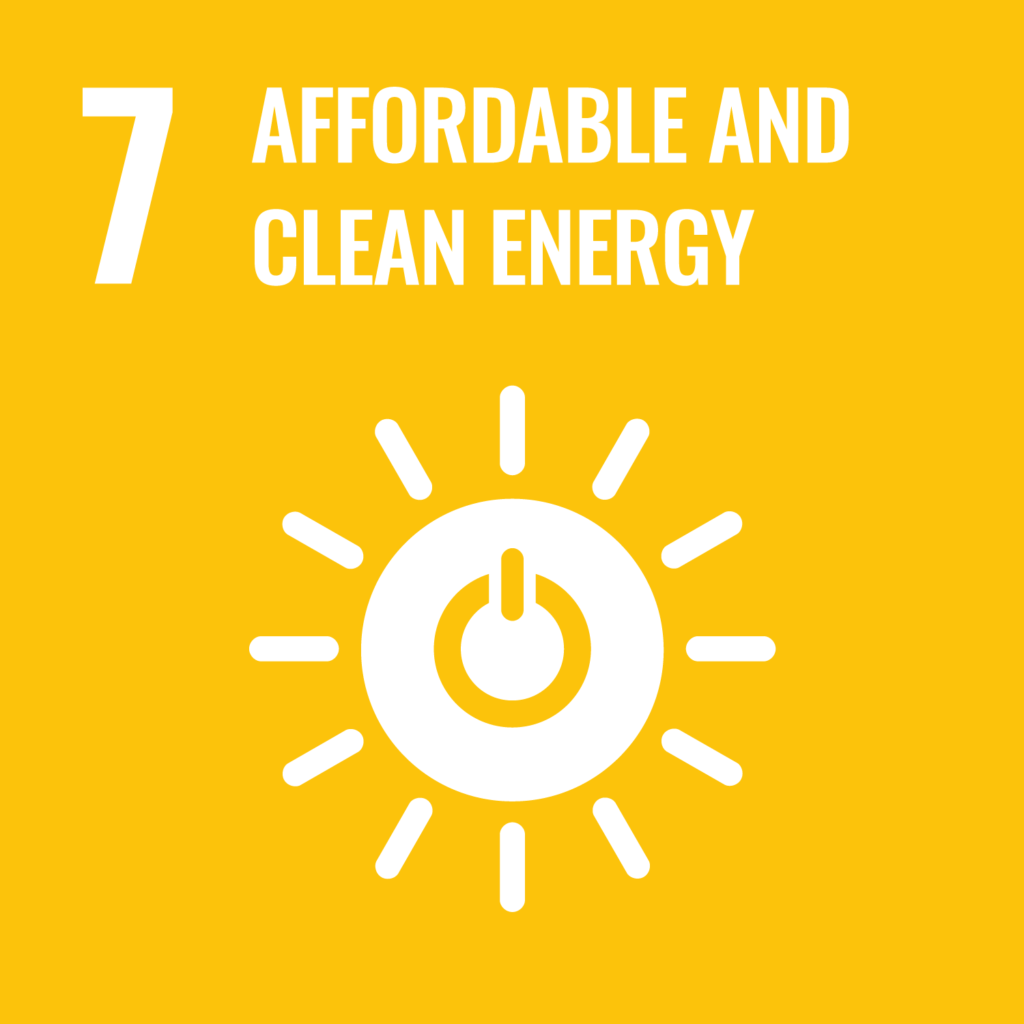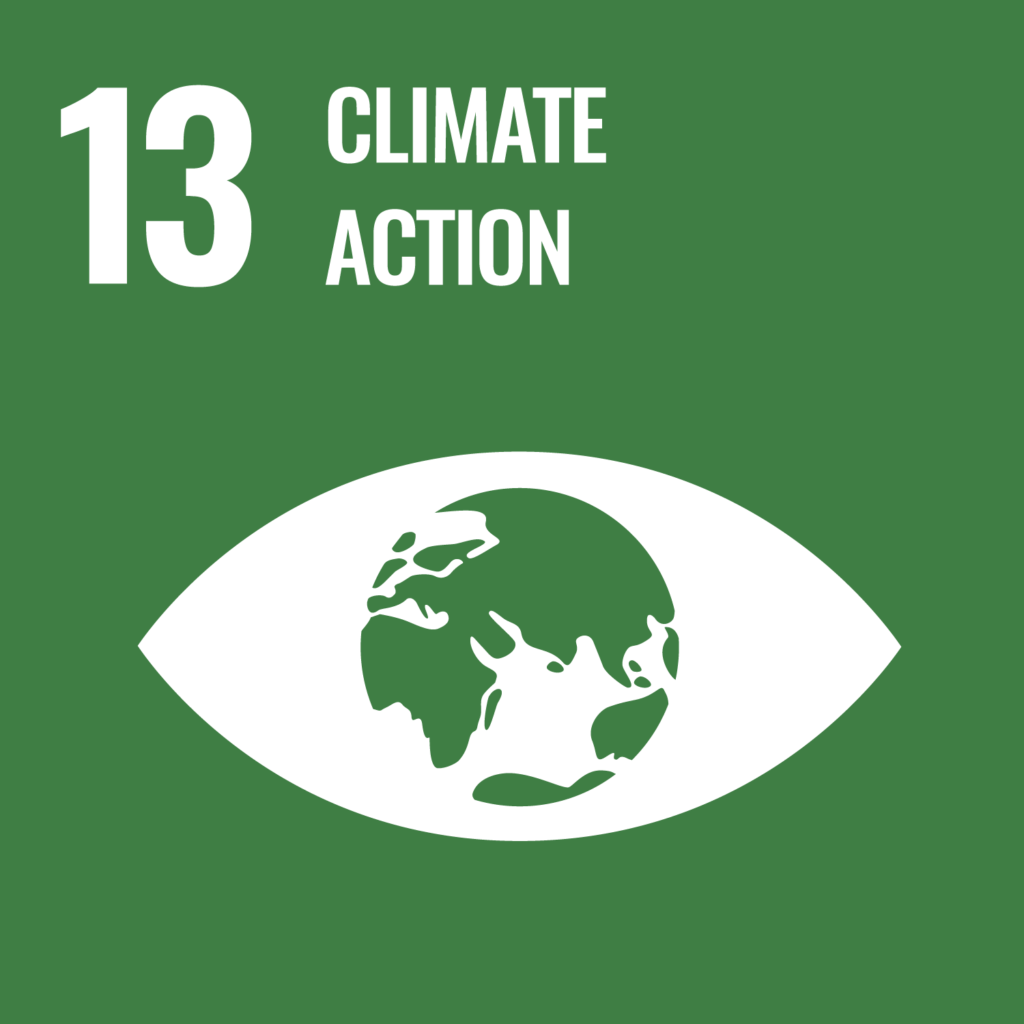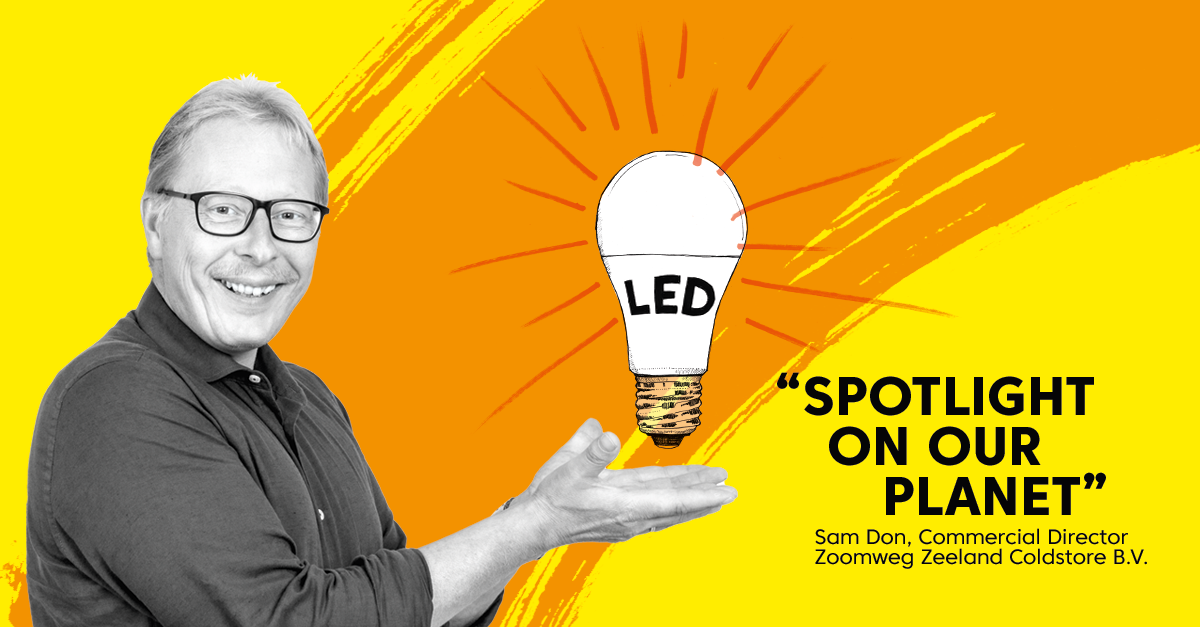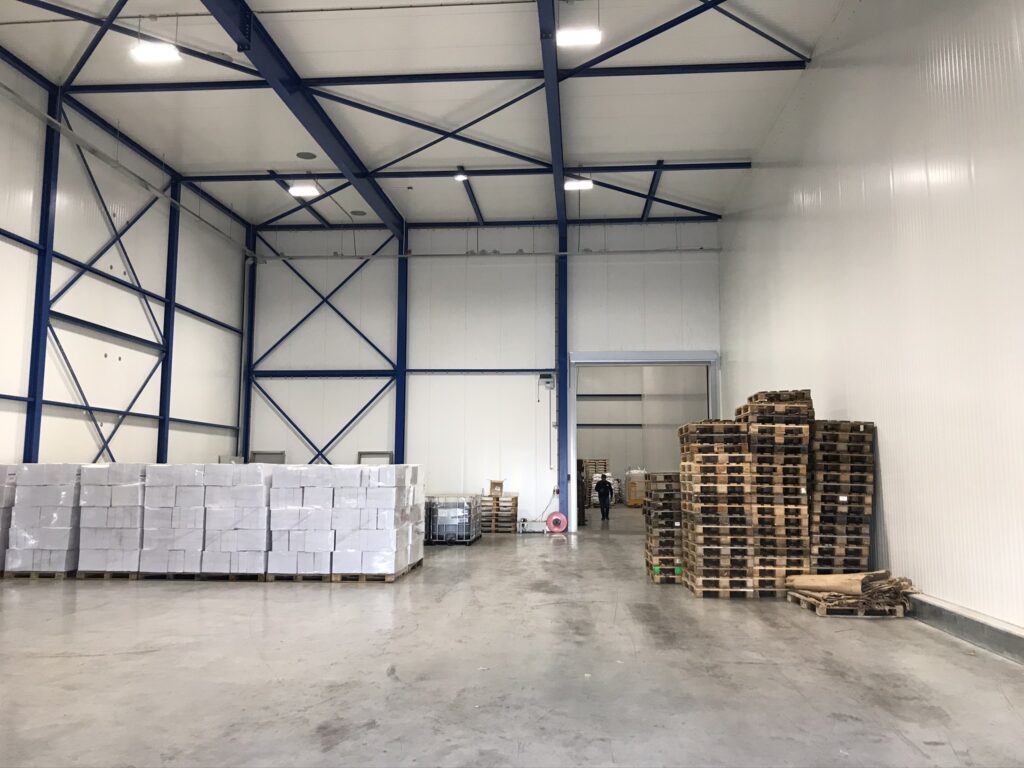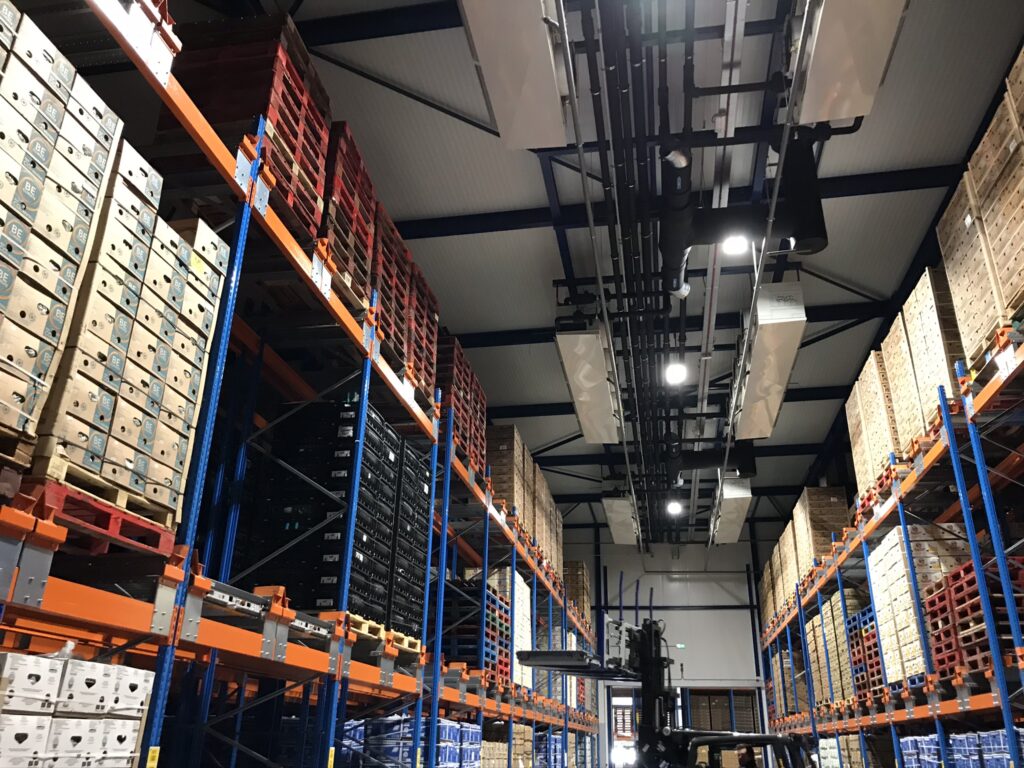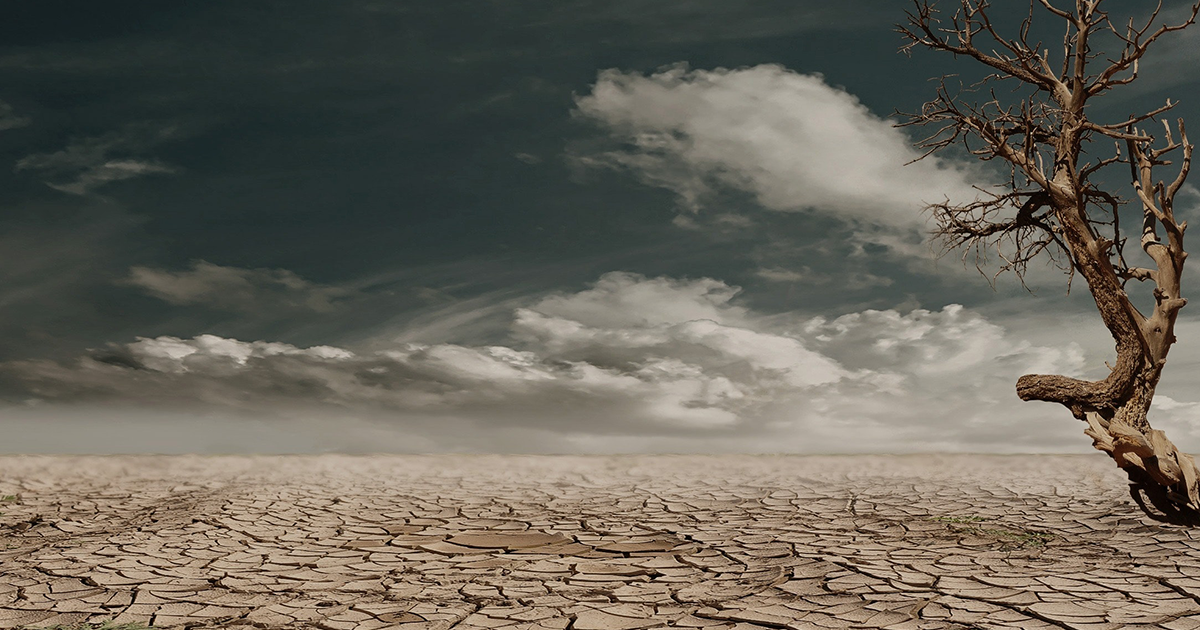LED lamps produce much less heat than light bulbs: incandescent lamps can only generate 5% light from the energy supplied, the remaining 95% are converted into heat. Modern LED lamps, on the other hand, convert approximately 40% of the supplied energy into visible light and only 60% into heat.
With a service life of 15,000-60,000 hours, there is much less demand for LED lamps than for conventional lamps to be produced and disposed of. From an ecological point of view, this is a better energy balance which preserves nature and its resources. An example to illustrate this: An LED lamp with a service life of 20,000 hours and a service time of eight hours per day will burn nearly ten years. To achieve the same result, you would need around 20 light bulbs.
Another advantage is that in contrast to energy-saving and fluorescent lamps, the production of LEDs involves hardly any highly poisonous substances such as mercury. Thanks to the electronic components, disposal consists merely of taking the lamp as electronic scrap to recycling centres or collection points. Some of the components can even be recycled and used again later.
Our Dutch logistics partner Zoomweg Zeeland Coldstore (ZZC) wanted to put the spotlight on our planet, too, and switched the lighting at three of their sites.
In 2020 a total of 210 fluorescent lamps and 79 gas-discharge lamps were replaced with LED lamps in ZZC’s warehouses in Vlissingen, Kruiningen and Jansen Uienhandel. With this measure, the company saves 100,000 kWh per year – a bright future indeed for our climate.
With this project our partner supports the following SDGs:
